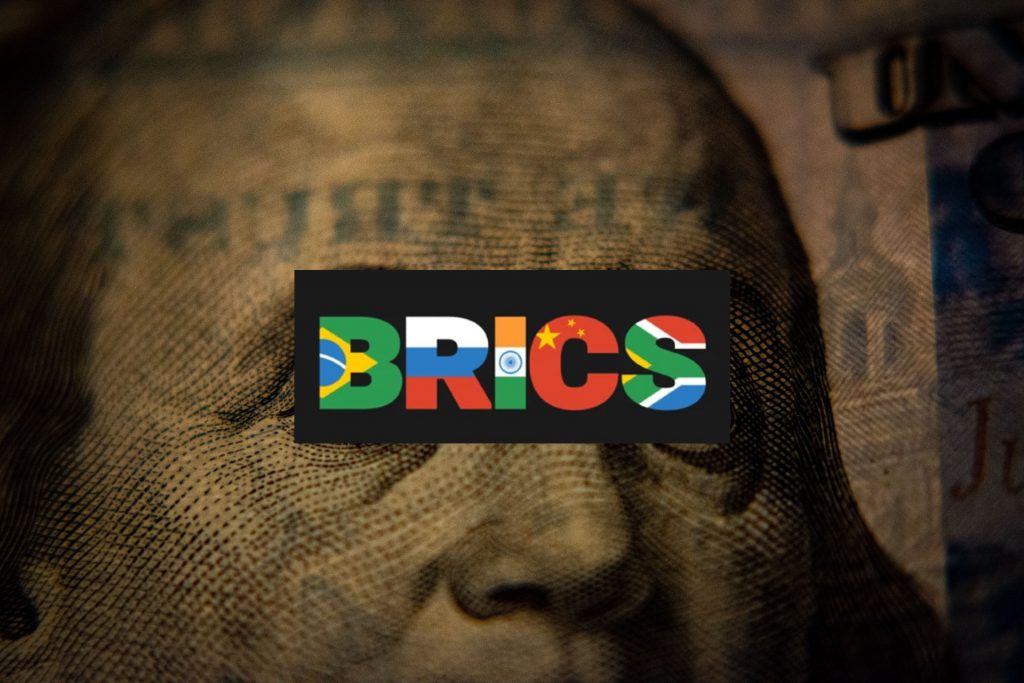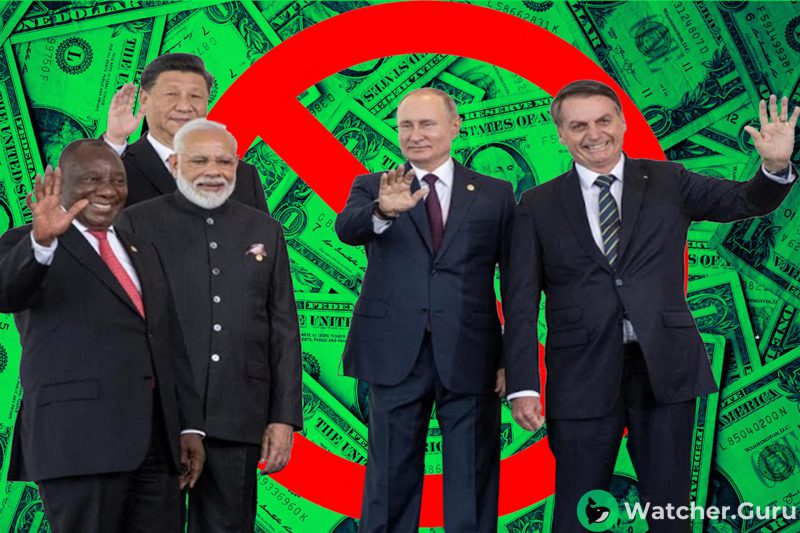The BRICS Alliance has had serious talks over a new currency, which can be dangerous for the future of the USD. One of BRICS’ goals with a new currency is the de-dollarization of the greenback bill, and successfully implementing the BRICS currency can start a domino effect of the US dollar slipping.
The upcoming BRICS summit in August will have plenty of debates and conversations, specifically about this new currency and new nations joining the alliance. It’s clear that BRICS Currency would have an effect on the USD, but exactly how much of an effect can it have?


How Much Will a BRICS Currency Impact the US Dollar?
The point of the BRICS Alliance creating their own currency, first and foremost, is to limit the need for the USD worldwide and focus on their own currency for international trade markets. It would strengthen the economic ties between the BRICS nations and potential new members, as well as weaken the US Dollar as a global reserve currency.
The US Dollar has been the dominant global currency for well over half a decade. It has not faced much competition in terms of rival currencies nearing its global usage. However, a BRICS currency would definitely prove competitive to the USD. While the challenge may not be immediate, the BRICS currency would be a worthy foe for the USD dominance.
The US currency has had its fair share of issues recently with financial challenges and creating new foreign policies. This has convinced members and supporters of BRICS that perhaps a change is needed. Russia and China are leading the charge for de-dollarization and establishing a new global currency powerhouse. Multiple major economic players worldwide are in support, including the remaining members of BRICS, Kenya, Mexico, and others.
The US Dollar is in a weakened state and is vulnerable to a rival currency for the first time in decades. Ultimately, how the BRICS currency does against the US dollar, depends on the strength of that currency. As the BRICS nations come together to conduct more trade in their respective currencies, the US dollar will be put in more of a precarious position, as even US Senators are beginning to admit.
The threat to the USD global reserve is growing, and the US should be cautious of this new currency threat as the BRICS nations meet in August to further discuss the idea.





